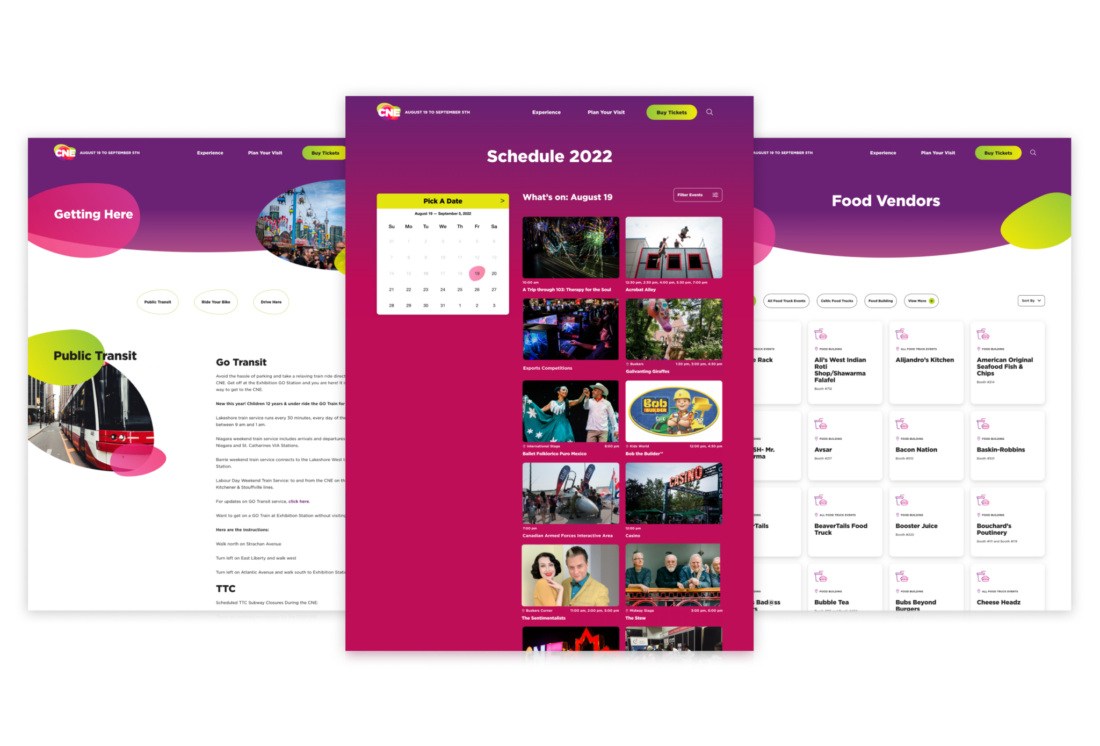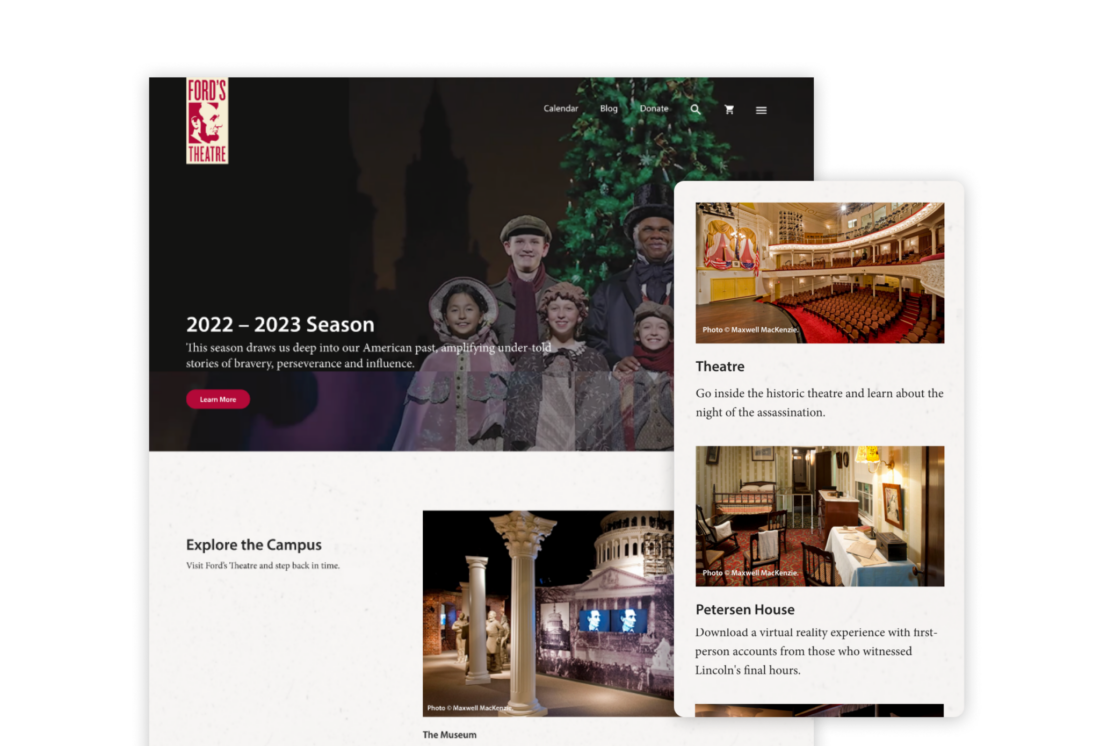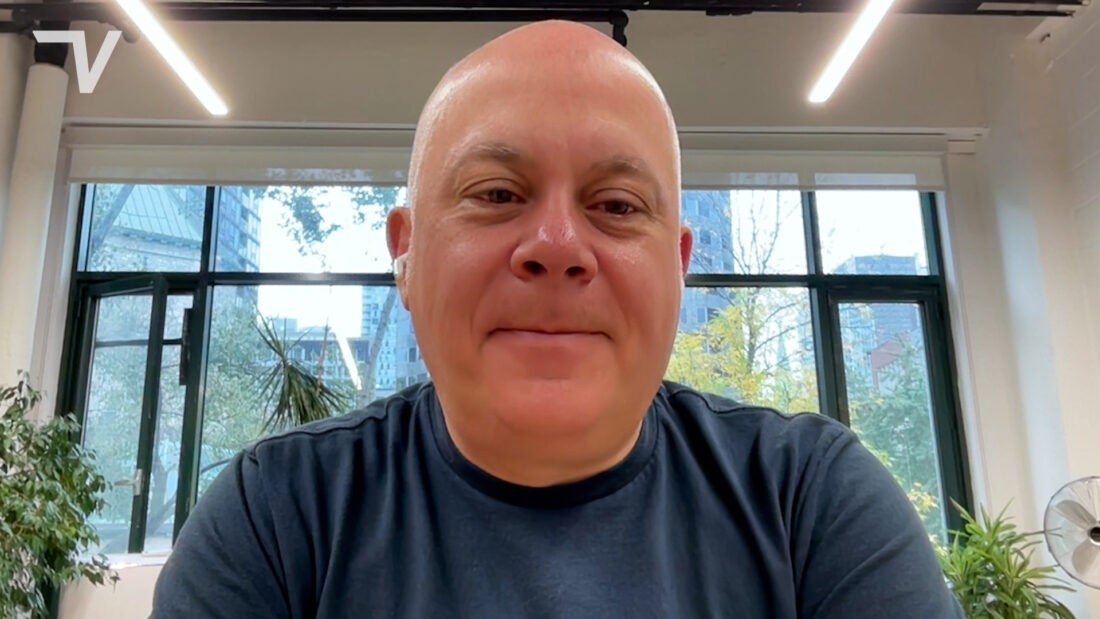Rather than being a company that says, yes, we do these things, there’s a way for us to be able to share with the world that we meet certain standards in all of these different areas.
Warren Wilansky is the Founder and President of Plank, an award-winning and B Corp certified creative digital agency. Based in Montreal, the agency specializes in developing and designing websites and mobile applications for cultural and entertainment organizations. Last year Plank celebrated its 25th anniversary.
In this episode of Velocitize Talks, Warren Wilansky shares his thoughts on open source, the Gutenberg block editor, and the drawbacks of AI.
Designing Websites
We want to look at a website from a design perspective, from a usability perspective, but also from a content perspective to ensure that when we’re desiging things, we’re designing and developing projects that really take into account the expectations of a user.
Plank is a B Corp-certified agency, which means the business meets high standards of performance, accountability and transparency while adhering to its values. In terms of website design and development, that certification plays a pivotal role in the types of projects that they take and the clients that they work with.
“A website experience from Plank is one that is extremely unique and is not cookie cutter or something you’re seeing in 10 other places,” says Wilansky. “We want to build projects that are extremely custom so that when we’re doing things we are building things from the ground up.”
Plank’s user-driven approach defines the user journey into five stages: awareness, consideration, purchase, retention, and advocacy. Engaging in this process can help to determine your website design and how it will inform the overall experience.
“The truth is there is going to be an always evolving ecosystem about web design and development,” Wilansky says. “There’s always going to be a place for really simple tools for somebody to build a simple website. The kind of website design that we do is really complex and custom web design and development.”
The User Experience
A lot of our focus is on arts and culture and nonprofit projects so we do large custom websites. About 50% of that work is actually on WordPress and 50% on other technology.

Plank collaborated with the Canadian National Exhibition (also known as The Ex) in 2022 to revamp their website in order to simplify the customer journey for its 1.4 million annual visitors. They used WordPress’s Gutenberg block editor to help streamline the site redesign while vastly improving the admin experience.
Prior to the redesign, the CNE admin team experienced difficulty creating and updating content, and lacked the ability to make edits and update their site independently.
“Using the block editor in in the correct way, we’re able to give our clients a lot lot more flexibility to be able to do custom pieces in their sites and manage their sites in interesting ways, while allowing us to set a series of styles and intentions so that the site has a consistency throughout,” Wilansky says.
The Advantages of WordPress
WordPress is used by over 40% of websites so the chances are when we’re doing a WordPress project, the client is really comfortable with it, which then leads to a lot less training and a lot less investment. Our clients can get running with their site the day they take it over.

In 2022, Plank worked with Ford’s Theatre on migrating their website to WordPress CMS, and optimizing the site’s content. Using the platform and custom blocks helped improve the user experience and customer journey across all of their many offerings, including an events calendar and an updated content structure. It also freed up time for the nonprofit to enhance their rich storytelling.
“A lot of the technology that we encounter like WordPress is really assistive,” Wilansky says. “We don’t need to build CMS from the ground up because the administration of a website is something that should be standardized at this point.”
Chatting with AI
It’s going to be more of conversation between you and the technology itself.

“A lot of the voice that I encountered can sound very robotic and you can really tell when something doesn’t sound like an actual human,” says Wilansky.
There are definite drawbacks to using AI content creators including outdated information and lack of sourcing. But more than that, AI content typically lacks the creativity and range of human-created content. ChatGPT, for example, can be very predictable and repetitive.
“The internet is going to become much more conversational,” Wilansky says. “People are going to be much more used to the idea of not typing in a couple words into Google and hoping for some kind of relevant search.”
To learn more about Plank, visit their website and follow them on LinkedIn, Facebook, Instagram and Twitter at @plank. To keep up with Warren Wilansky, follow him on LinkedIn.





Join the conversation